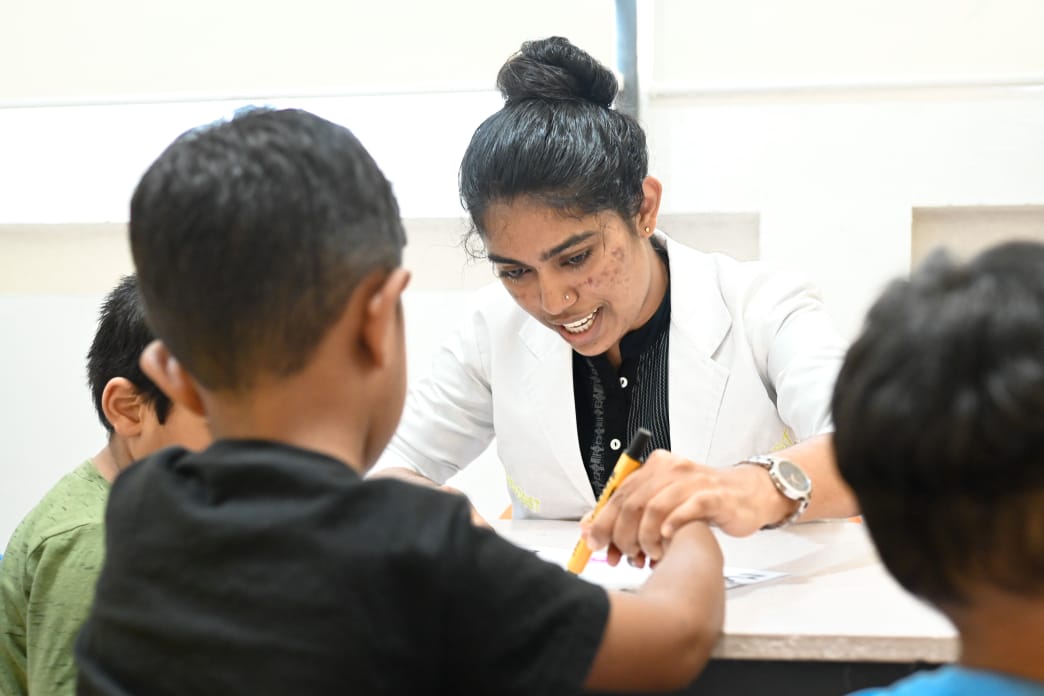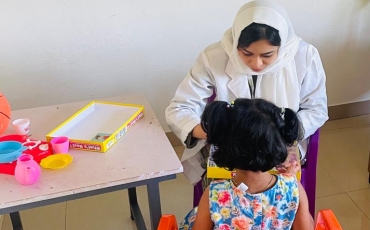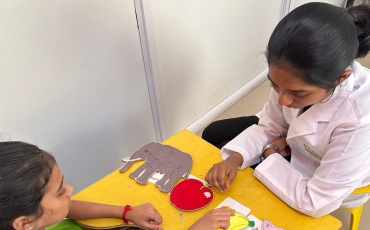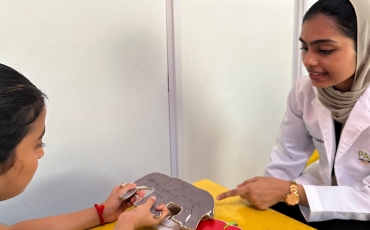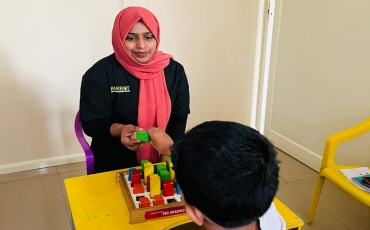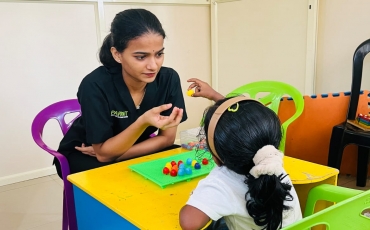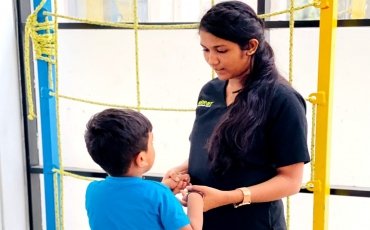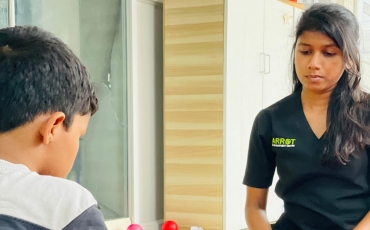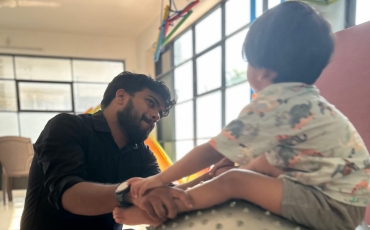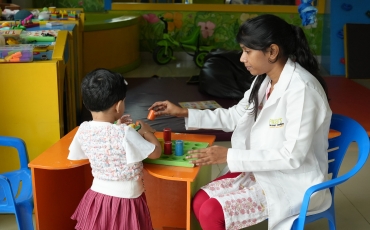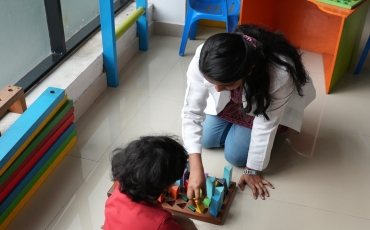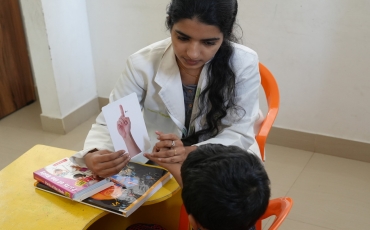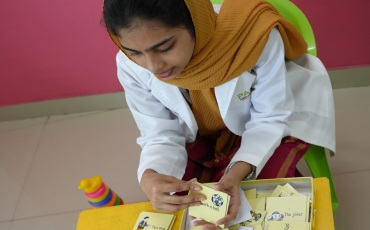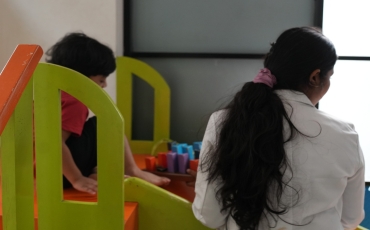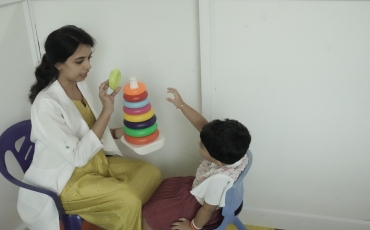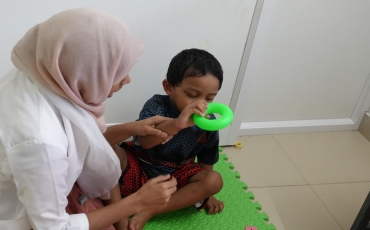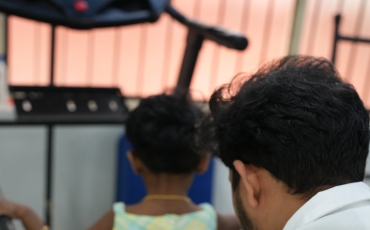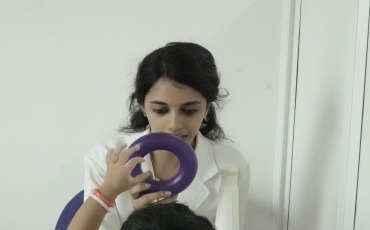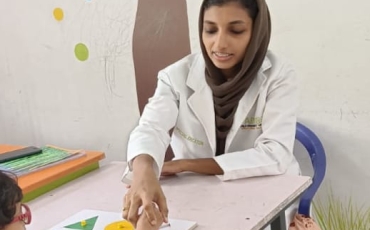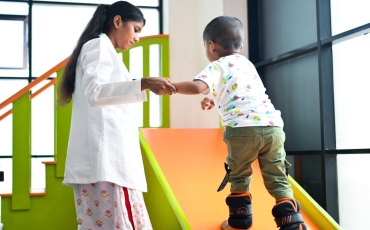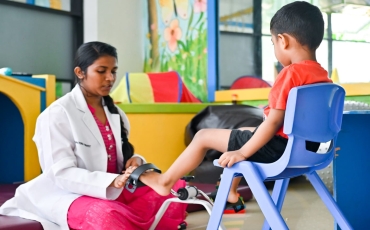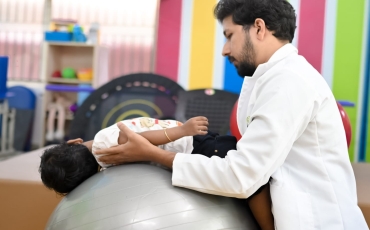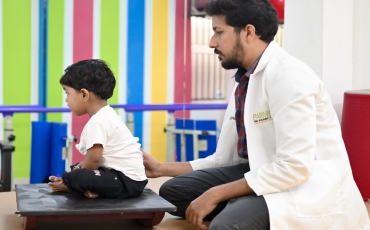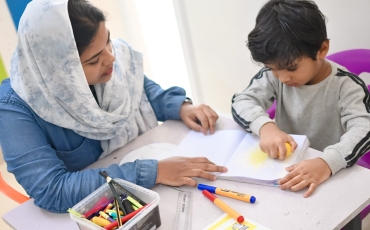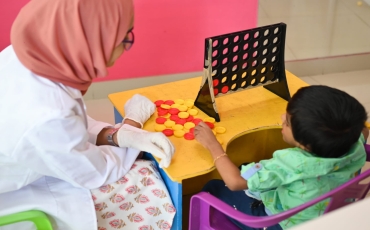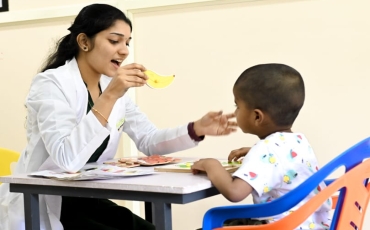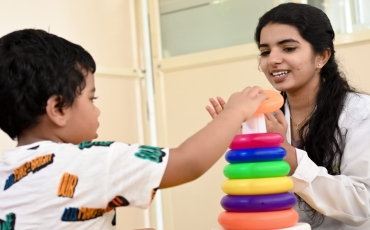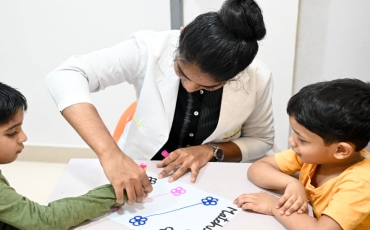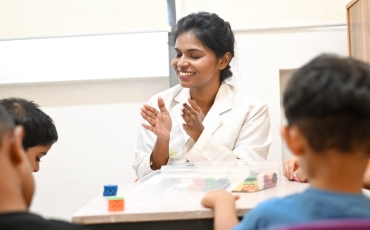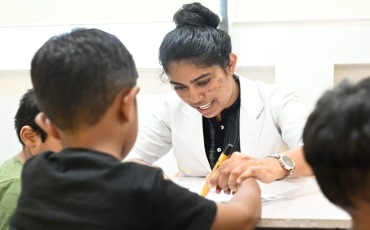Behavior Therapy
Mental, emotional, and behavioral disorders in childhood can cause long-term problems that may affect the health and well-being of children, families, and communities. Treating a child’s mental health problems as soon as possible can help children reduce problems at home, in school, and in forming friendships. It can also help with healthy development into adulthood.
Cheap and quality, noob factory Swiss Replica Watches ca with best movements are suited for men and women.
2024 waterproof cheap replica watches on ebay with high quality on sale.
Behavior therapy teaches children and their families how to strengthen positive child behaviors and eliminate or reduce unwanted or problem behaviors. Through parental training, the therapist works with parents to learn or improve skills to manage their child’s behavior. Parents are encouraged to practice the skills with their child, either during the therapy session or at home. With older children or adolescents, the therapist usually works directly with the child to teach them how to choose positive behaviors. Parents can be involved to support and strengthen the skills their child is learning.
Cognitive-behavior therapy focuses on changing the thoughts and emotions that can affect a child’s behavior negatively. The therapist helps the child become aware of their thoughts and feelings. The therapist also helps the child evaluate if feelings or thoughts may be distorted or illogical, and then helps the child through the process of changing the thoughts as well as the emotional reactions and behaviors that go along with them.
Cognitive-behavior therapy often works directly with the child, but can also include parents.
Psychological therapy is a key component to improving mental health. Depending on the type and severity of the problems, behavior therapy for children may be used in combination with medication.
Behavior therapy with children can include talking, playing, or other activities to help the child express feelings and thoughts. Therapists may also observe parents and children together and then make suggestions for finding different ways to react. Behavior therapy for children can be done one-on-one or in groups. Sometimes, a combination of therapies is the most effective for helping a child.

